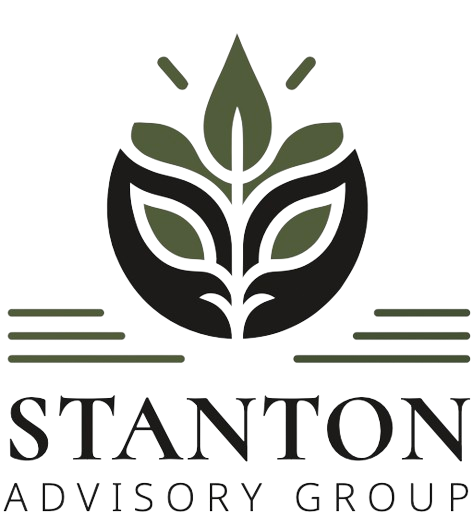January 2025 is Financial Wellness Month, a pivotal time to take control of your financial health. The beginning of a new year presents an ideal opportunity to reflect on personal financial goals and make proactive decisions that can enhance your long-term financial stability. The year 2025 brings unique challenges and opportunities in personal finance, including legislative changes, increased savings opportunities, and the integration of new financial technologies. This post will guide you through key areas to focus on to set a solid financial foundation for the year ahead.
Plan for Higher Retirement Account Catch-Up Contributions
Individuals aged 60 to 63 can benefit from increased catch-up contribution limits in their retirement accounts under the SECURE 2.0 Act. The new limit allows for contributions of up to $10,000 or 50% more than the regular catch-up amount. Utilizing these higher limits can significantly bolster your retirement funds during the critical pre-retirement phase. Consider meeting with a financial advisor to plan how to incorporate these contributions into your overall financial strategy.
Take Note of the 401(k) Automatic Enrollment Under SECURE 2.0
The SECURE 2.0 Act mandates automatic enrollment in 401(k) and 403(b) retirement plans starting in 2025, with exceptions for small businesses. This measure is designed to boost participation, benefiting both employees and employers. Staying enrolled unless there’s a compelling reason to opt out is advisable, as automatic enrollment is a powerful tool for building long-term retirement savings. Ensure you review your plan options and set your contribution levels to maximize the benefits.
Enhance Your Health Savings
With healthcare costs continually rising, Health Savings Accounts (HSAs) provide significant benefits. For 2025, the annual HSA contribution limits have increased to $4,300 for individuals and $8,550 for families. HSAs offer triple tax advantages: tax-free contributions, tax-free growth, and tax-free withdrawals for qualified medical expenses. Maximizing your contributions can help cover future healthcare costs while enjoying these tax benefits. Ensure you’re taking full advantage of this opportunity by setting up automatic contributions to your HSA.
Leverage New Tech Tools
The latest financial technology in 2025 can help you streamline your financial management. Budgeting apps and AI-powered investment platforms provide personalized financial advice that can enhance your financial planning. Experiment with different tools to find the best fit for your needs, helping you stay organized, track expenses, and achieve your financial goals more efficiently throughout the year. Consider reading reviews and seeking recommendations for reliable financial technology solutions.
Prepare for Potential Tax Changes in 2026
Upcoming tax law changes in 2026, due to the expiration of the Tax Cuts and Jobs Act, will likely affect tax rates, deductions, and credits. Planning now can help minimize your tax liability. Key aspects to watch include the return of the alternative minimum tax, changes to deductions like state and local taxes (SALT), and the expiration of the 20% pass-through deduction. Consulting a tax professional can help you navigate these changes and stay ahead of potential tax increases.
Financial Wellness Month is the perfect time to reevaluate your financial plans and take proactive steps for the future. Stay informed about legislative changes, retirement planning, tax preparation, healthcare savings, and technology adoption. Small, proactive changes today can have a lasting impact on your financial stability and success. Review your current financial plans, explore new tools, or consult a financial advisor to optimize your financial health for 2025. Taking the first step by staying informed and proactive will ensure you are well-prepared for the year and beyond.
Check out the background of firms and investment professionals on FINRA's BrokerCheck. Cambridge's Form CRS (Customer Relationship Summary)
Advisory Services offered through Investment Advisor Representatives of Cambridge Investment Research Advisors, Inc., a Registered Investment Adviser. Securities offered through Registered Representatives of Cambridge Investment Research, Inc., a broker-dealer, member FINRA/SIPC, to residents of: (MN, WI, AZ, WA, TX, FL, SC, LA, NV, MT, OR, CO) Cambridge and Stanton Advisory Group are not affiliated.
CFP Board owns the marks CFP®, CERTIFIED FINANCIAL PLANNER™, and CFP® (with plaque design) in the U.S.
All Rights Reserved | Stanton Advisory Group | Privacy Policy | Form CRS

